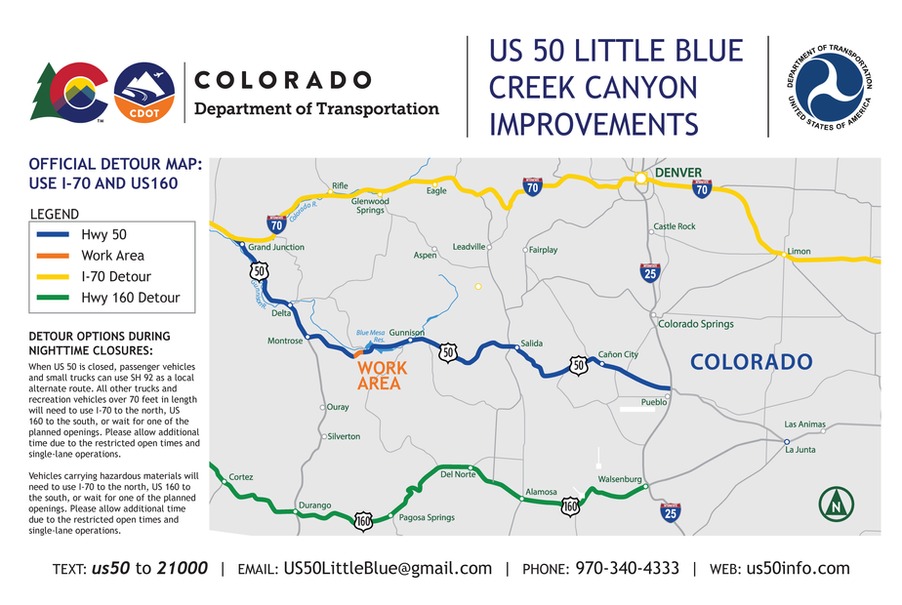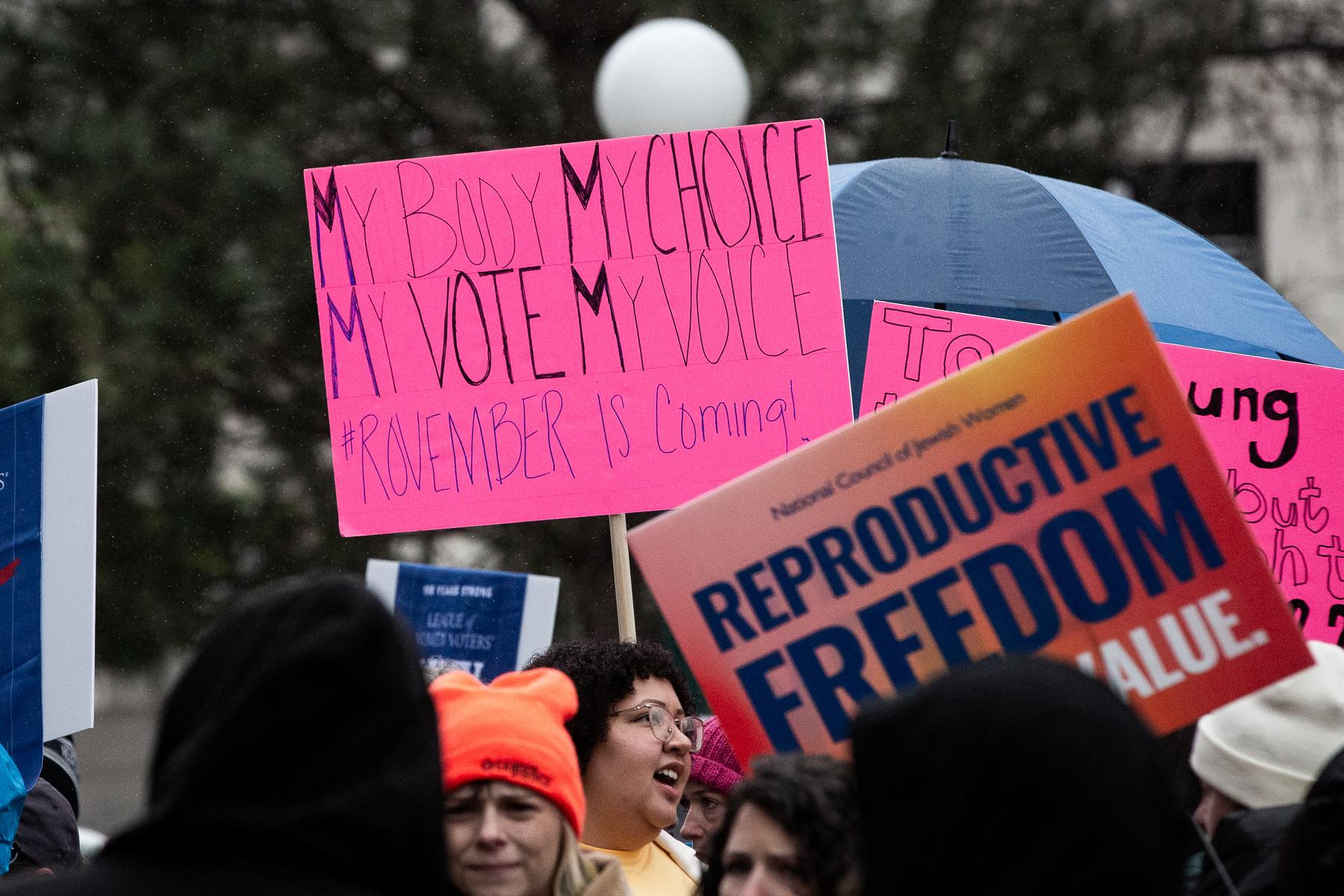Everyone at the state capitol seems to agree that the budget will dominate the next legislative session. But some Republican lawmakers are starting to work on a slate of bills that could be even more contentious -- they want to make some big changes to how the state handles illegal immigration.
The Republican Study Commitee brought the issue front and center yesterday, holding a day-long summit on illegal immigration. Speaker after speaker at the event focus on the same theme - the negative impacts of people in this country illegally. They represented conservative policy groups, business owners and law enforcement, all frustrated with what lawmaker Dave Schultheis called a ‘moral’ issue.
SCHULTHEIS: "We hold our citizens to one standard and we hold illegal aliens who enter this country to another standard. And I think morally that is wrong. And I don’t think we can continue to exist as a country if we ignore the moral implications of that."
This was billed as a study session, but some lawmakers are ready to act. Senator-elect Kent Lambert is making waves by saying he’ll introduce a bill similar to Arizona’s strict immigration enforcement law.
LAMBERT: "I think it’s the right kind of bill for every state in the country and I think a lot more states are looking at that."
Arizona’s law requires police officers and sheriff’s deputies to check the immigration status of anyone they suspect of being in the country illegally. It’s been tied up in federal court almost since it passed. But Lambert says it’s not worth waiting to see how the courts decide.
LAMBERT: "Until the courts say there’s something wrong or illegal or unconstitutional in it, why would we constrain ourselves in putting something that appears to be totally in compliance with federal law?"
Colorado does have already some strict anti-illegal immigration laws on the books, which Republicans contend aren’t being enforced. Lambert says his bill would make up for what those laws aren’t doing. But the odds of it becoming law aren’t great. Governor-elect John Hickenlooper said on the campaign trail he’d veto any Arizona-style immigration policy. And House minority leader Sal Pace is ready to fight it in legislature.
PACE: "Arizona is a different state, it’s a border state. Colorado is not a border state. We have our own unique problems, we have our own unique immigration issues. I don’t think that I need to go down to Arizona to learn how the legislate in Colorado."
Facing that kind of opposition, some Republican lawmakers favor breaking immigration changes down into smaller bills to gain support from Democrats. Senator Kevin Lundberg chaired yesterday’s summit.
LUNDBERG: "The bills that may come out of this successfully are going to be very targeted -- a small piece here, a small piece there."
Lawmakers like Lundberg say they don’t know yet what specific issues those bills would take on. Right now they’re still talking with government agencies and employers about what they want addressed. And that leaves the other side trying to get ready to oppose an unknown agenda.
While Republicans held their summit in the state Capitol, immigrant rights activists staged a demonstration a couple blocks away in front of Denver’s City and County building. They were urging support for the federal DREAM Act, which would provide a path to citizenship for children who come to the U-S illegally. Immigration groups are currently focusing their efforts on getting the Act through the lame duck session of Congress. But Julie Gonzales with the Colorado Immigrant Rights Coalition says her members are ready to switch focus.
GONZALES: "We continue to push for federal immigration reform, but we also know that there’s going to be another round of poorly written, short-sighted legislation that we’re going to have to fight here at the state capitol and we’re ready for that fight."
Gonzales and her Republican opponents say they’d rather see the thorny issues of immigration reform fought out at the federal level, where the jurisdiction is clear. But while Gonzales wants the state to wait for that action, Republican lawmakers say it’s time to do what they can closer to home.









